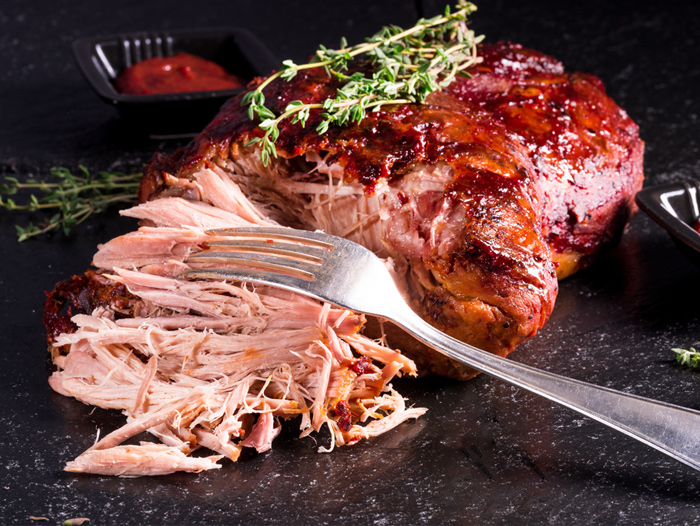USDA, HHS Release New Dietary Guidelines for Americans
December 30, 2020 | 2 min to read

The 2020-2025 Dietary Guidelines for Americans (DGA) was released by the U.S. Department of Agriculture and the U.S. Department of Health and Human Services.
Updated every five years, this report serves as the foundation for federal nutrition policy and shapes the recommendations found on USDA’s MyPlate. The DGA also provides the public with tools they need to make informed decisions regarding food for their families. This edition marks the first time the guidelines provide recommendations by life stage, from birth through adulthood.
The guidelines reaffirm the role of lean pork in a healthy diet and are consistent with the recommendation to include a variety of nutrient-dense proteins. Overall, they advise people to “follow a healthy dietary pattern” that consists primarily of vegetables, fruits, whole grains, lean meat and poultry, and low-fat dairy or fortified soy alternatives. They also advise limiting added sugars, saturated fats, sodium and alcoholic drinks and staying within recommended calorie limits.
While fresh pork is respected by the scientific community as a nutritious source of lean protein, it continues to lag behind other proteins when it comes to consumer perceptions of being “good for me and my family” according to the ongoing Checkoff-funded At Home Meat Tracker.
In response, the National Pork Board is updating its approach to Human Nutrition Research and building a strategic pathway for pork nutrition that capitalizes on the latest research and opportunities that will ultimately help evolve perceptions for pork in a healthy diet and overall nutritional well-being. As we build a new health narrative, this will be an important message that we bring to life through Real Pork.
In 2021, be on the lookout for:
- A new look and new messages to help consumers make the connection to pork being “good for me and my family.”
- A more holistic wellness approach including a public wellness challenge in January demonstrating how pork fits into healthy lifestyles.
- The Checkoff’s continued involvement in human nutrition and behavioral science research to support pork’s presence in health and wellness dialogue globally.
